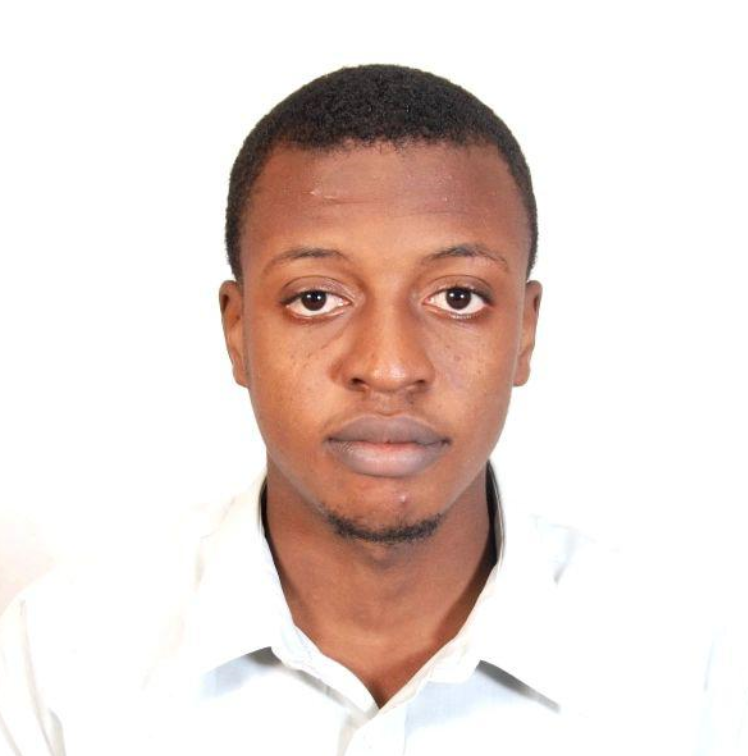
Today, we are witnessing several extreme weather events all around the planet, from droughts in Africa, heavy rainfalls in South America, wildfires in North America, and floods in Europe. All these phenomena are not new but the problem is the severity of the records they are breaking and their alarming rhythm of repetition which led the scientist to conclude that our planet is undergoing unprecedented changes. There are other proofs of global climate change such as the melting of the polar ice cap easily visible from satellite pictures and the evident disruption in the weather patterns (long seasons, late rains…) which heavily impact countries and communities whose activities are directly linked to the climate (rain-fed agriculture).
Back in the days, when the recognition of changing weather started to point out, there was not any clear evidence on what was the cause of the phenomenon even though some started pointing out human activities as the cause, some argued that the planet was undergoing a normal cycle and those changes would be gone soon enough. However, to have a scientific and clear basis on which to stand, the international community set up in December 1988 the IPCC, the International Panel on Climate Change which is a group of scientists from all around the world, whose mission was to analyze all the climatic data of the planet to come up with a real explanation of what was going on and what was the cause. The results were equivocal: The massive release of greenhouse gases (gases that trap heat and warm the atmosphere) in the atmosphere due to human industrial activities causing these disruptions.
Once the problem was identified, the time was now for action. The international community held in June 1992 the Rio Earth Summit which brought together representatives from 195 countries called parties and it resulted in the United Nation Framework Convention on Climate Change (UNFCC). The goal of the summit was to recognize the threat of climate change and take action to face the situation. The convention covered and implemented several important aspects, such as fundraising based on the concept of climate justice, the selection of countries under obligation, and the legal aspects. It was also decided on an annual meeting of the representatives called the Conference Of Parties (COP). In December 1997, was signed the Kyoto Protocol. It was an improved version of the UNFCC with the main difference being the introduction of compliance systems and the definition of numerical goals and defined phases.
Later on, 18 years after the Kyoto protocol, a very important milestone was achieved with the Paris Agreement in December 2015, ratified the following year in November 2016 by 190 countries. This time the target is to keep the global temperature under 2oC compared to the preindustrial level and preferably below 1.5oC and this would be achieved by reaching net-zero emission by 20250. The fund allocated would be one thousand billion dollars per year with developed countries as main donors and other countries voluntarily. There would be emissions monitoring, review and verification systems, and improvement of market mechanisms: international emissions trading, clean development mechanisms, and joint implementations. The parties will also be legally bound to establish emissions tracking systems and conduct regular reporting.
Some state that climate change is the greatest challenge humankind has ever faced and it is indeed, not a threat for only humanity because it is all the biodiversity that is at stake. This could lead to a catastrophic disruption of the face of the world as we know it if actions are not taken. Hopefully, on the global level, we have acknowledged the threat and decided to put together efforts to fight and save our world. The representatives of governments are implementing policies, fostering research and development to trigger innovation, strategies are implemented, and awareness campaigns are organized to get more and more people on board. People are coming together and working, huge work has been done but much more remains. We all have our roles to play and we have to participate with integrity and commitment to ensure a sustainable future for all.
Abdallah KEZIRE, student in the IMP-Energy and Green Hydrogen.

